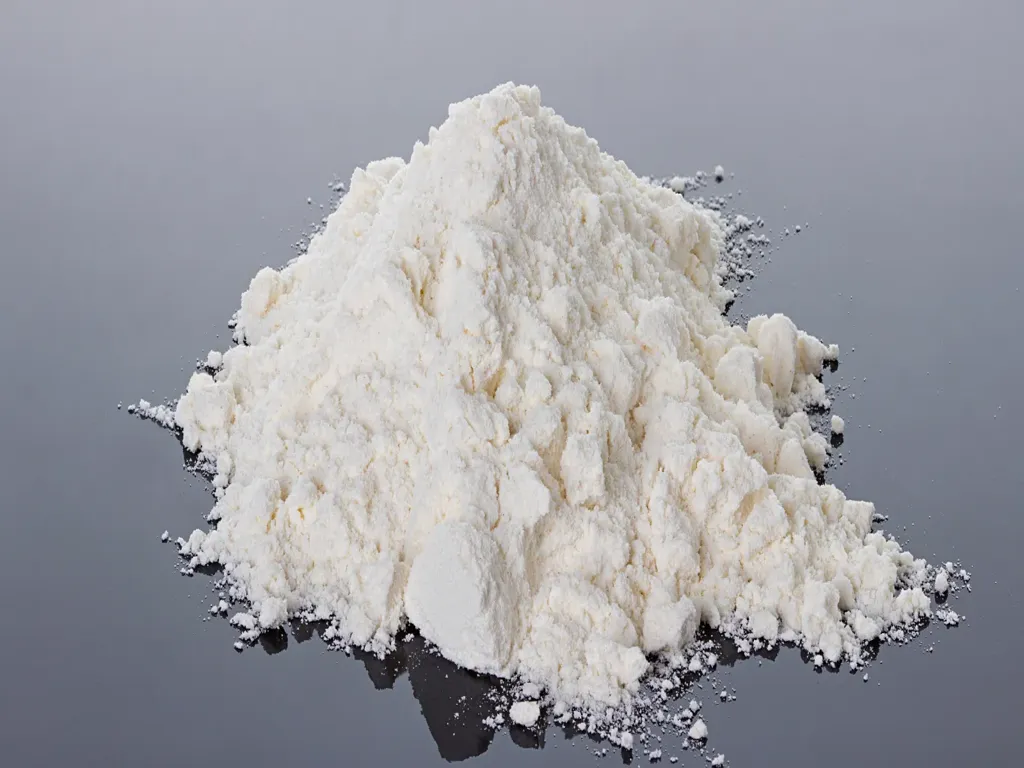Buy Cocaine Online USA | The Best Quality Cocaine
Buy Cocaine Online USA. We are the best suppliers of cocaine in the USA. We stock good quality cocaine of over 96% pure. Are you Looking for where to Buy Pure Cocaine Online and pay with bitcoin? Well, consider buying cocaine online from us and having it delivered safely to your home. In case you’re looking for an online cocaine dealer, then you can easily Buy Cocaine Online USA at the best price.
Our Coke is over 99% pure with no cuts or additives. Buy cocain in bulk and be sure to impress your local customers with the outstanding quality of our Premium Uncut Cocain. Shop Online Now! Buy Cocain Online USA with the best discount deals, enjoy good quality coke at a fraction price, and buy coke in bulk at a cheap price.
The price of cocain in the United States varies from state to state. Generally, cocain price lies between $80 to $150 for one gram of coke, $1400 for an ounce, and $40,000 to $50,000 for a kilo (A key of coke). It is allegedly said that the further the product from its source makes it more expensive. Buy Cocaine Online USA at the best price and top-notch quality.
Purchase Cocaine in USA with Bitcoins
Buy cocaine in USA with BTC anonymously. Order Peruvian, Bolivian, Colombian, and Crack cocaine in entire USA including Colorado, Arizona, and all other states. We accept Bitcoins as payment method for over 97% pure cocaine for sale in USA. Due to discreet delivery service of coke we make your order completely anonymous.
Getting High On Coke | Where To Safely Order Coke Online
Pure cocaine powder is commonly snorted, inhaled, dissolved, and injected into a vein. Mental effects may include loss of contact with reality, an intense feeling of happiness, or agitation, fast heartbeat rate, sweating, and large pupils.
You can Order pure cocain online from us and have it shipped to you overnight. Pure Cocain powder, also known as coke, snow, rock, nugget, alongside many other funny names is a powerfully addictive stimulant drug made from the leaves of the coca plant native to South America, cocain is mostly used as a recreational drug.
Where To Order Cocaine Fast And How To Buy Cocaine Online USA
Looking For Where To Buy cocain online with bitcoin? Nowadays, you can buy pure cocain online with bitcoin from the best cocain laboratories in Peru, Bolivia, and Colombia. Cocaine Labs are scattered throughout countries like Mexico, Peru, Colombia, and Bolivia consisting of the most coca-growing areas.
You can buy pure cocain online from us and have it delivered to you anywhere in the world. We offer discreet shipment with 100% Stealth Packaging. Now you can easily Buy Cocaine Onlin USA at the best price discreetly without any hesitation.
Normally, Cocain is highly demanded in big cities like Miami, California, Las Vegas, and other cities where people party a lot. Due to this, the price of cocain is capable to rise even up to $150 per gram. You can buy cocaine in Las Vegas from us in a few simple steps.
Flake Cocaine For Sale In Los Angeles
Order Pure cocain online. Back in 2015, buying cocaine online in places like Los Angeles was done primarily on Instagram. It has always been difficult to buy pure cocain online because of the fear of getting caught by the police.
We can discreetly ship up to 50kg of pure cocain through the mail at the best cocain price in the U.S.A, we have the techniques of selling drugs in America. The packaging is 100% stealth. We are the best American suppliers of pure cocain.
Where To Easily Buy Coke In California
California is the state with one of the highest records for cocain prices. In cities like Los Angeles, San Diego, Sacramento, San Fransico, and San Jose, a gram of cocain will cost at least $100.
Despite the fact that it is legal to buy and smoke Marijuana in California, the rising Cocain addiction in the U.S keeps the price of the drug on a steady rise.
Beverly Hills California, is a place for the rich kids! Cocain is generally very rare and hard to find in Beverly Hills. Most people buying cocaine in Beverly Hills do that through online drug vendors and some famous street coke dealers. Buy Cocain Online USA with 99% purity, imported from Bolivia.
Beverly Hills cocain dealers sell 1 gram of coke for up to $250 and some even ask for as much as $300. Cocain, Heroin, and Molly (MDMA) are the most expensive and highly consumed drugs in Beverly Hills California. The easiest way to buy cocaine online in Beverly Hills is through social media apps or some deep web markets
Where To Easily Buy Cocaine In Miami Florida
Order Pure cocaine in Miami Florida. Buying cocain in Miami was done on Instagram back in 2016. It has always been difficult to buy pure cocaine online because of the fear of getting caught by the police.
The price of cocain in Miami beach is different from the general cocain price in Miami. A gram of cocaine around the beach area lies around $150 to $200, really expensive! when compared to the price of coke out of the beach which is most at $80 for 1 gram. Buy Cocaine Online USA discreetly at an affordable price.
We discreetly ship up to 50kg of pure cocain through the mail at the best cocain price in the U.S.A, we have the techniques of selling drugs in America. The packaging is 100% stealthy. We are the best American suppliers of pure cocain.
Cocaine Price Per Kilo In The USA.
Coke is highly sold in the United, in places like California, Illinois, Kentucky, Louisiana, and Mississippi a kilo of cocain sells at $30,000 on average. Other places include.
- Jacksonville $20,500 – $31,000
- Miami $20,000 – $28,500
- Orlando $21,000 – $31,000
- Fresno $20,500 – $26,500
- Los Angeles $15,000 – $20,000
- San Diego $14,500 – $21,000
- San Francisco $20,000 – $27,000
Cocain Availability in Europe
Cocain is available for sale in the following countries of Europe:
- Buy Cocaine in Denmark
- Cocain in Portugal
- Buy Cocaine in Austria
- Serbia Cocaine Shop
- Cocaine in Germany
- Cocaine in the UK
- Buy Cocaine in Switzerland
- Buy Cocaine in Italy
You can also Buy Cocain Online USA at an affordable price with 99% purity.
Types of Cocaine for Sale in USA
- Bolivian Cocaine
- Peruvian Cocain
- Mexican Cocain
- Colombian Cocaine
- Crack Cocaine
- Fish Scale Cocain
- 2CB Cocain
Cocaine Review
Our regular customers have reported the quality of coke they received from us. Here is what one of them has said:
“I am not an addict but cocain is a must thing in any part of the US. I bought cocain from many dealers, but the quality was never what I was looking for. As I was searching online to buy cocaine from an authentic dealer. Luckily I happen to find buyingonlineshop, they delivered pure cocain legally discreetly. I highly recommend buyingonlineshop if you’re looking to buy cocain online in the USA”
You can Buy Cocain Online USA discreetly in LA, NY, Miami including other major cities in the US. cocaine for sale,buy peruvian pink cocaine,buy pure cocaine,cocaine for sell,where do you buy cocaine,
Buy Cocaine Online USA – Guarantee
Cocain is one of the rarest drugs on the market, it is rare to find pure quality cocain in the USA. We have a 99% delivery success rate in the USA. You can order Cocain in USA cities with 100% confidence, as we’re experienced enough in our job to deliver your package without hassles. If you want to Buy Cocain Online in any city in USA, then you can contact us for more detailed information.














Reviews
There are no reviews yet.